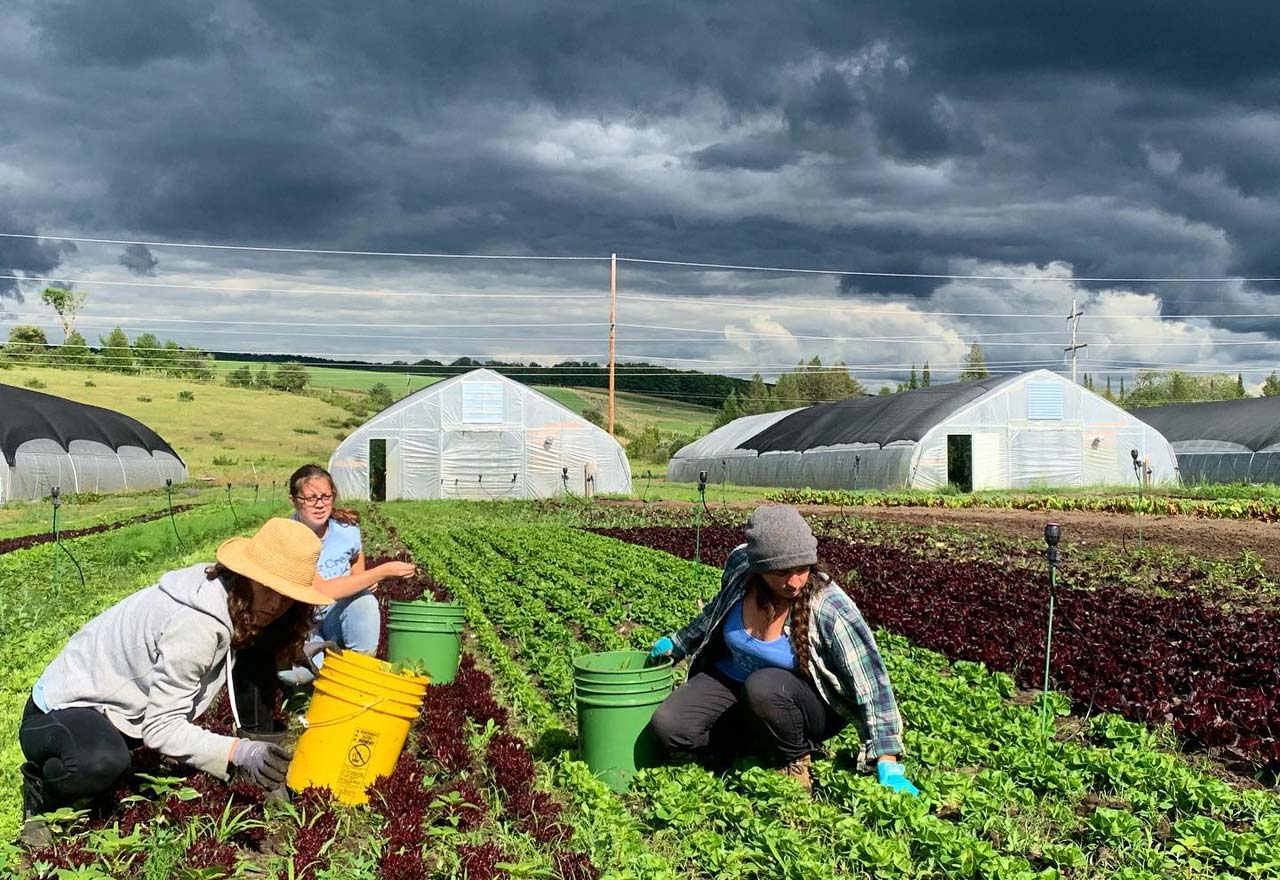Ill-timed and unilateral decision cuts vital assistance to authentic organic farms
The USDA’s Farm Service Agency (FSA) announced on August 10 that it will be reducing reimbursement amounts paid to organic farmers under the Organic Certification Cost Share Program (OCCSP). It will now reimburse 50% of certification costs (up to $500 per scope).
The program previously reimbursed 75% of certification costs (up to $750 per scope) for producers maintaining or obtaining organic certification under the National Organic Program (NOP).This type of assistance is crucial in today’s climate. Community-scale farmers are pivoting to create new markets and keep employees and customers safe, often while working off-farm jobs to make ends meet and carry health insurance. The Cornucopia Institute regularly hears from authentic organic farmers who struggle to find money for their organic certification fees.
“As a small-scale organic grower, the cost-share program makes entering the organic market accessible and fair. Without the cost share, many beginning organic farmers may never take the leap to officially certify. It is imperative that organic agriculture not be monopolized by corporate organic, but remains equitable and accessible for producers of all sizes,” says Brian Bates of Bear Creek Organic Farm in Petoskey, Michigan.
USDA’s unilateral defunding of this vital program flies in the face of the will of Congress, as expressed in the 2018 Farm Bill. As USDA continues to virtually exclude authentic organic farmers from pandemic relief programs, the agency alleges that there is not enough funding available to reimburse organic operations at the promised levels. The math does not add up.
Since early May, National Organic Coalition (NOC) and Organic Farmers Association (OFA) have been lobbying on the hill for increased protections for organic farmers during this critical time, exhorting USDA and Congress to reimburse organic certification agencies directly for certification fees as an emergency measure during the pandemic, as well as increase the OCCSP reimbursement rate to 100% to provide producers with support during this time of crisis.
“The Organic Certification Cost-Share Program is especially important for small and mid-size organic farms,” says Kate Mendenhall, Director of OFA. “If the USDA wants organic farms and our regional economies to survive and thrive, they should be making it easier to get certification cost share and covering the whole cost of certification. Instead they are doing the opposite.”
If you are an organic farmer, Cornucopia recommends you apply for certification cost-share assistance as soon as possible, rather than waiting for the November 2, 2020 deadline. FSA has stated that the full, 75% cost-share assistance may be provided in the future if funding is authorized.
Defend authentic organic farms and the will of Congress: Call or write your Senators and Representative to express your outrage at the USDA’s ill-timed recanting of the modest support promised in the Farm Bill. Our colleagues at the National Organic Coalition offer excellent sample text on their website.


